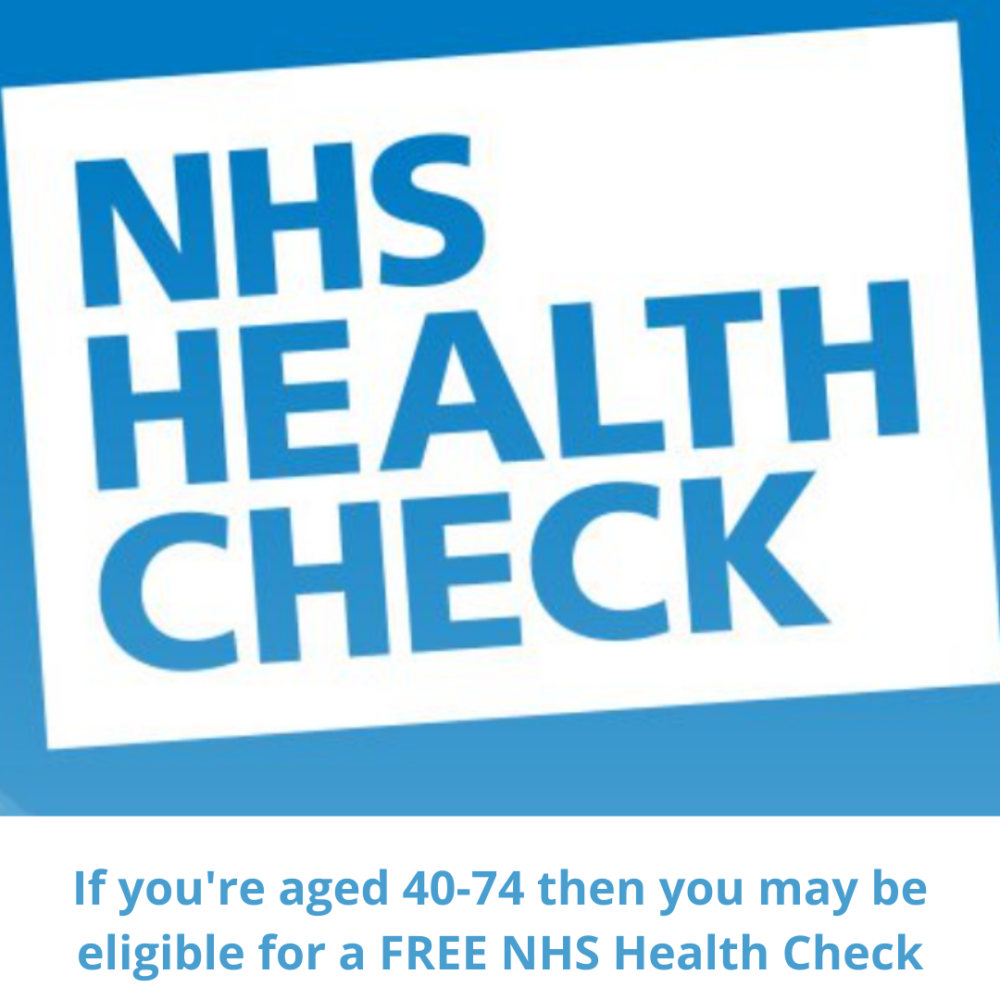Research
Montgomery-House Surgery is involved in medical research and from time to time you may be approached to take part. Taking part in research is voluntary: you can freely accept or decline, and this will not affect the care that you receive in any way. Even if you agree to take part, you can still withdraw at any time, without having to provide justification. Withdrawing from a study will NOT affect the care we provide for you.
All research projects carried out at Montgomery-House Surgery have been thoroughly checked and approved by the relevant health authorities and ethical committees ensuring it is appropriate and safe to perform. You will always receive clear information about what taking part in a research study would involve and will have the opportunity to ask questions and obtain further details about a study. All projects are fully compliant with all UK laws (including GDPR).
- You may receive a text message, email or a letter in the post offering you the opportunity to take part in a study (the letter will include some information about the project).
- Your doctor, nurse, pharmacist or other clinician might also discuss research opportunities during an appointment.
- Very occasionally, you might be approached by a member of the study team in the waiting area; be assured that this person and their activity will have been approved by the practice.
What you will be asked to do as part of the research will vary from study to study. The Patient Information Sheet for each project will detail what is expected of you. The study team is also there to answer any questions you may have.
Things you may want to know
- Participation in research is entirely voluntary and you have the right to say no. Nobody will put pressure on you to take part in research if you do not wish to. You do not have to give us a reason if you decide not to take part.
- Your care and your relationship with our team will not be affected in any way if you decide not to take part in a research study.
- You will always receive clear information about what taking part in a research study would involve. We will usually provide you with a patient information sheet; then, if you agree to take part, the study team will explain the study to you in more detail and you will have the opportunity to ask questions about it.
- You will not be asked to take part in a large number of studies. Most researchers are very specific about the criteria that people need to meet in order to enter their study. Usually this means that only a relatively small number of patients at the practice will be suitable for any one study.
Your data
If you do agree to take part in a study, you will be asked to sign a consent form. This will clearly state which parts of your medical notes (if any) may be looked at for the purposes of the research study. Nobody from outside your practice organisation will be given your contact details or have access to your medical records without your prior consent.
Montgomery-House Surgery sometimes participates in national database projects which collect anonymised electronic medical records from GP surgeries throughout the UK. Through the electronic clinical system we use to record medical notes, a completely anonymous (no identifiable patient details are shared at all) extract is taken which is used for medical research. This clinical data is then catalogued and provides continuous monitoring of infection and disease around the UK.
What if I don’t want to get involved in research?
We recognise that some people may not want to receive information about research studies by post or text message. If you do not want to be contacted about research studies that we may run at the practice in the future, please let us know. If you change your mind at a later date, you can still opt back in at any time
To opt out of participating in any research studies visit the NHS data sharing page to set your preferences Choose if data from your health records is shared for research and planning – NHS (www.nhs.uk)
Research in the NHS in collaboration with the National Institute for Health Research (National Institute for Health and Care Research)
The NHS is committed to the innovation, and to the promotion, conduct and use of research to improve the current and future health and care of the population.
Clinical Research is a major driver of innovation and central to NHS practice for maintaining and developing high standards of patient care. Participating in Clinical research allows patients to get access to new interventions, treatments, and medicines. Ultimately, investment in research means better and more cost-effective care for patients.
The National Institute for Health Research (National Institute for Health and Care Research) is the nation’s largest funder of health and care research and provides the people, facilities and technology that enables research to thrive. Working in partnership with the NHS, universities, local government, other research funders, patients, and the public, they deliver and enable world-class research that transforms people’s lives, promotes economic growth and advances science
Montgomery-House Surgery is part of a network of local practices participating in research activities under the banner of National Institute for Health and Care Research Clinical Research Network: Thames Valley and South Midlands (National Institute for Health and Care Research CRN TVSM). The CRN TVSM is hosted by Oxford University Hospitals NHS Foundation Trust and covers Berkshire, Buckinghamshire, Milton Keynes and Oxfordshire.
Click here to find out more about the work of the National Institute for Health and Care Research
Following GDPR guidelines and ensuring your data is protected
Use of third-party document outsource processors (mailing companies)
Researchers regularly use document outsource processors such as Docmail to send study information to people who might be interested in taking part in clinical research.
Only companies that are confirmed as being fully compliant with the laws surrounding data protection and data sharing, such as GDPR, are used. In addition to this, providers will be reviewed and permitted by the regulatory bodies that ethically approve, govern, and oversee clinical research taking place in the UK, such as the NHS Health Research Authority and Research Ethics Committees.
We would like to reassure you that, should you receive an invite to participate in a research study:
- The letter will have come directly from the practice. We do not share identifiable information with researchers without patient consent.
- It is our practice staff who perform research mailouts using the document outsource processor. Your contact details will not be shared outside of the system.
What are the benefits of your practice being active in research?
Evidence suggests that patients who receive care in research-active institutions have better health outcomes than those who are treated in a non-research environment.
By joining the research community, we are actively helping to improve the standard of healthcare for our patients.
Research provides an opportunity for you, the patient, to better understand your health conditions as well as give something back to the NHS and wider community.
Sometimes it can provide patients with access to new treatments, as well as bringing a new dimension to practice and added skills to those involved.
The practice will receive funding to cover any additional costs of taking part in research (it does not come out of our own budget and so routine patient services will not be affected).
PATIENT PERSPECTIVE: Is research right for me & what do patients taking part in research really think?
Ultimately, research helps people to access and take part in studies which could potentially make a real difference to their health conditions and quality of life. Click on the links below to hear more from patients who have taken part in research:
Health talk: Patient and public involvement in research
Clinical Research Network – Patient Research Experience Survey
Our current research projects:
DaRe2THINK
DaRe2THINK aims to determine whether direct oral anticoagulant (DOAC) therapy reduces premature death, stroke and other thromboembolic consequences of atrial fibrillation in younger patients, including prevention of cognitive decline and vascular dementia.
Some previous research projects:
ABRA
The use of Benralizumab, an interleukin-5 receptor-α monoclonal antibody as treatment of acute exacerbations of airways disease
This project tests the hypothesis that comparing the standard treatment of Prednisolone, with an addition of a single injection of Benralizumab, given at the time of a participants exacerbation who also has a raised blood eosinophil count, will increase the rate of recovery and reduce the rate of treatment failure. The study sought to carry out a three way parallel group study comparing both Benralizumab as a single dose and oral Prednisolone daily for 5 days; Benralizumab as a single dose and oral placebo daily for 5 days; and Placebo injection and oral prednisolone daily for 5 days.
AMALFI
The true prevalence of atrial fibrillation (AF) is hugely underestimated due to the current short-term screening methodology. AMALFI aims to assess the effect of two weeks of continuous non-invasive ECG monitoring using Zio system (a self-administered wearable stick on monitor to the chest) on rates and time diagnosed with AF over a follow-up period of five years among high-risk individuals.
ASYMPTOMATIC
The ASYMPTOMATIC study aims to find out whether taking a preventer inhaler only when a child, with mild asthma, has symptoms is as effective as taking it every day.
CONNEX-3
Cognitive impairment is a core feature of schizophrenia and a major determinant of poor functional outcomes. However, there are currently no pharmacological treatments targeting cognitive impairment associated with schizophrenia.
CONNEX-3 aims to confirm the efficacy, safety, and tolerability of BI 425809 medication in improving cognition and functioning in patients with schizophrenia treated over 6 months.
PANORAMIC
Panoramic is a UK-wide clinical study sponsored by the University of Oxford and funded by the National Institute for Health and Care Research to find out in which people new antiviral treatments for COVID-19 in the community reduce the need for hospital admission and get better sooner.
PETRUSHKA
The PETRUSHKA Trial aimed to assess a personalised approach to pharmacological treatments for adults with major depression in a real-world NHS setting. Their web-based decision support tool (the PETRUSHKA tool) is informed by the best available evidence. The PETRUSHKA tool combines machine learning and advanced statistics, incorporating patient and clinician preferences, to predict which antidepressant works best for each patient. The PETRUSHKA trial investigates whether using the personalised approach is better than usual care in terms of adherence to antidepressant treatment, improvement of depression and anxiety symptoms, and quality of life.





